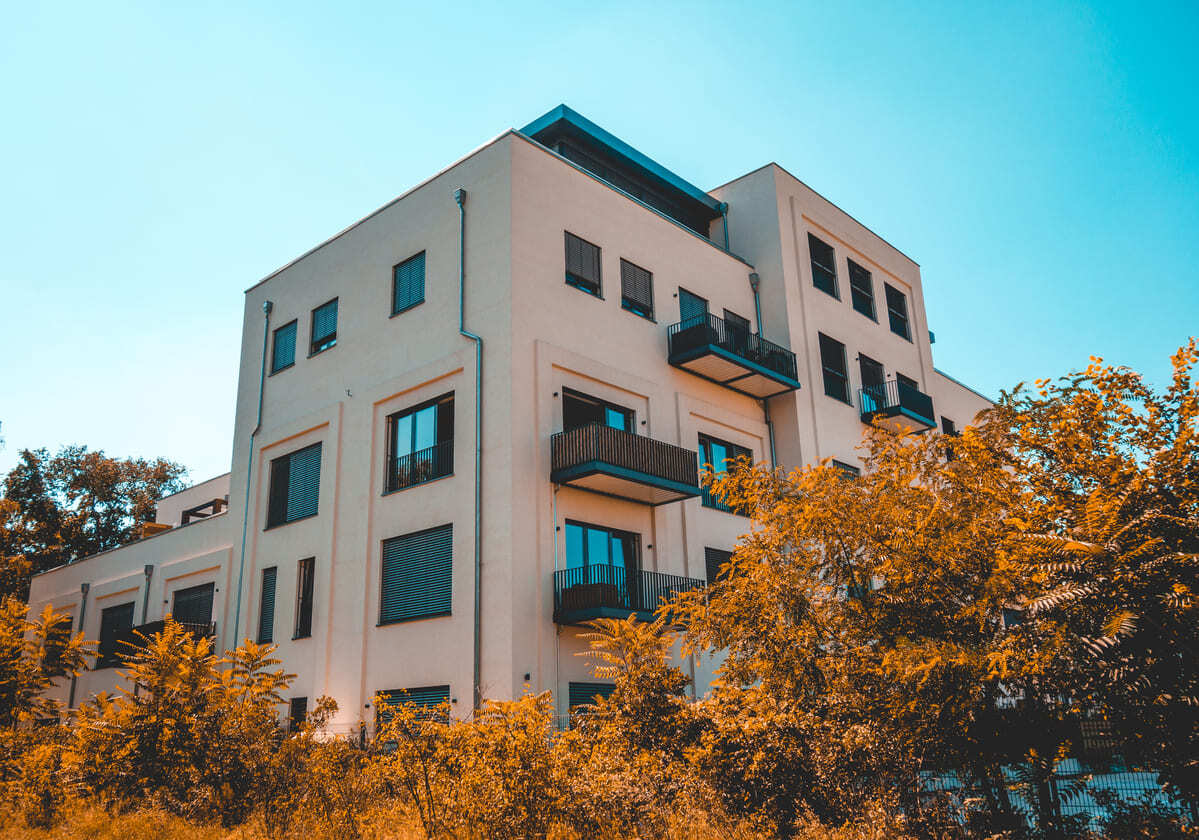
Property managers understand that filling a rental vacancy with an ideal renter is often an arrangement worth its weight gold, one in which may even increase the potential value of a property. While every property manager or owner will likely have an ultimate objective of finding the ideal renter, the finite details of what defines an ideal renter may vary among professionals. However, there are a few commonalities most preferred renter’s possess.
The Ideal Renter Pays Their Rent When Due
Most rental income is used to pay the costs to maintain the property, so a late rental payment can often morph into a financial burden for the property owner.
Assessing whether a potential renter can meet the monthly rent can be accomplished by reviewing:
- The rental applicant’s income and employment history. Calculate the ratio of the monthly rent to monthly income. Ideally, this ratio should be about 30%. [Reference the 1968 Housing and Urban Development Act and the 1969 Brooke Amendment].
- The rental applicant’s credit report that discloses a score, history, and current debt.
Pro-tip – professional property managers typically use proprietary software that offers renters the option of setting up automatic ACH withdrawals from their account. This type of arrangement becomes a win-win as the property owner can have a reasonable expectation of on-time payment, and the renter has one less chore to remember on a monthly basis.
The Ideal Renter Treats the Rental Property as if it were Their Own
Real estate is costly to buy and maintain, so a renter that treats a rental unit as if it is their own is a highly valued commodity. While normal wear and tear is a planned for and an expected cost of doing business as a property owner, a renter who takes pride in the property they own will also help extend the expected life of some of the expensive systems used to maintain a home.
Pro-tip – a smart way to discover how a potential renter will treat your property is to ask the property owner/manager at their previous location if the renter’s tenancy was kept to acceptable, reasonable standards.
The Ideal Renter Follows the Terms of the Lease Agreement
The lease agreement that is executed between a property owner and a renter is a bilateral contract – a legally binding document in which each party to the agreement has an obligation to perform, as follows:
- The renter has a legal obligation to pay their rent, as agreed, according to the terms of the lease agreement.
- The property owner/property manager has a legal obligation to provide a habitable place in exchange for the agreed upon rent.
A lease agreement sets forth the guidelines and stipulations as to how and who can use the rental unit. It includes:
- The type, condition and the permitted use of the property.
- The individuals who are legally permitted to live in the property.
- The delineated responsibilities for the unit’s upkeep, repairs and maintenance.
- The responsibilities pertaining to each party to the contract – the renter and the property owner, at a minimum.
Pro-tip – a smart way to determine if a potential renter will comply with the lease terms is to check with the contact of the applicant’s previous residence, their credit history and even their employer.
The Ideal Renter Understands the Importance of Effective & Timely Communication
Seasoned property owners and managers understand that even a small repair issue can become a giant, costly property problem if left unaddressed. An ideal renter will contact the property owner or management company when a problem first requires attention.
Pro-tip – a prudent way to facilitate communication between renters and property managers/owners is to implement a proprietary management maintenance software program that streamlines the submission of maintenance requests and allows for easy tracking and monitoring of the maintenance issue until it has been fully resolved.
But note, that while a property manager appreciates a communicative renter, renters who complain endlessly – despite their communication skills - will eventually take up enormous amounts of time, time that is needed to maintain the property.
The Ideal Renter Understands the Importance of Carrying Renter’s Insurance
Renters insurance is a smart financial move for renters as it helps cover the expense of replacing the renter’s personal items that have been damaged or stolen. However, renter’s insurance may be beneficial to the property owner if the damage was caused by negligence.
The Take-Away
Although it may take additional time, it may be beneficial to cast a wider net when searching for your next renter, as ultimately, finding the ideal renter will likely help avoid hefty legal fees or other expenses generated by a problem renter.
However, if you want to save yourself the time and headaches of the renter screen process, consider hiring a property management company to help.










